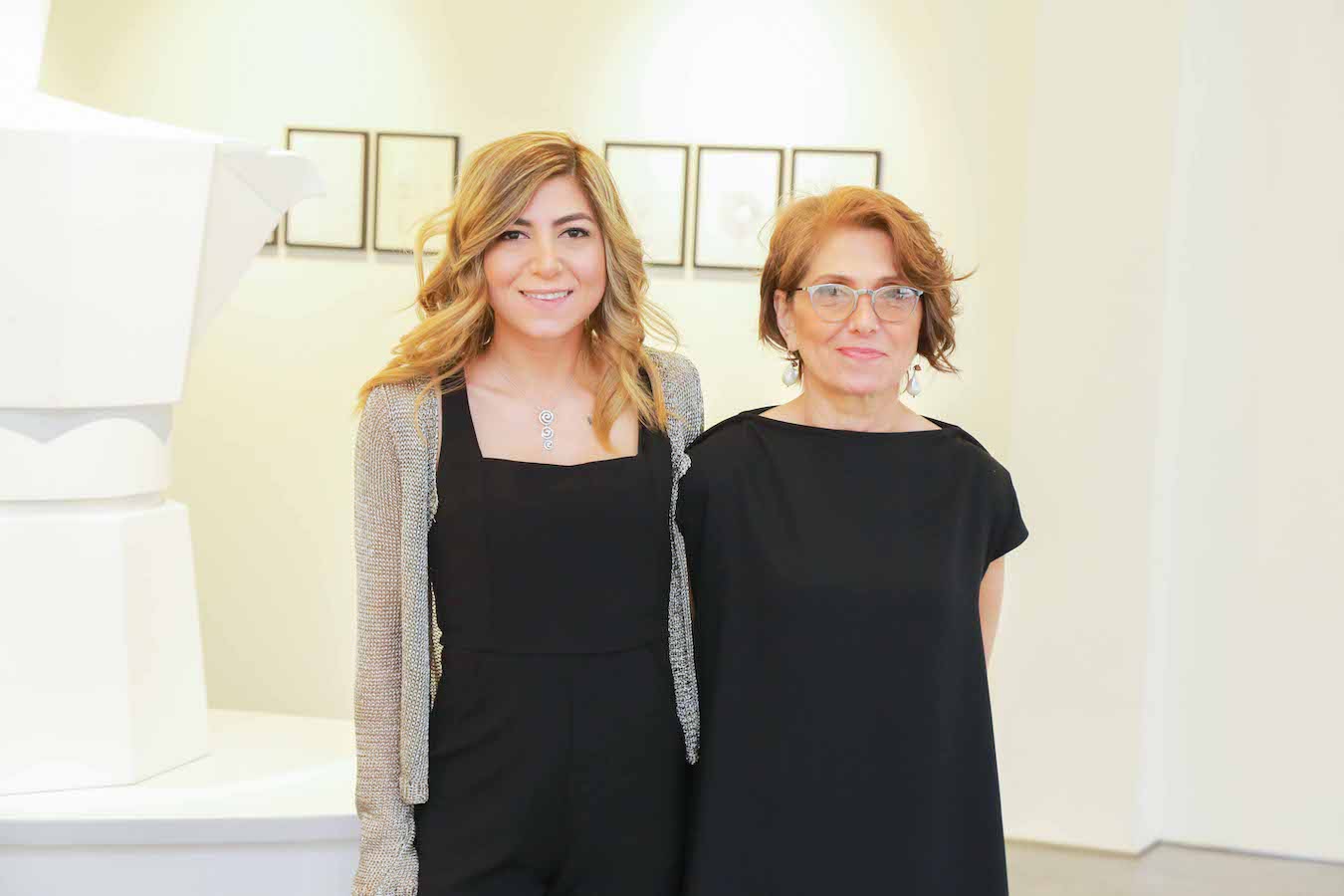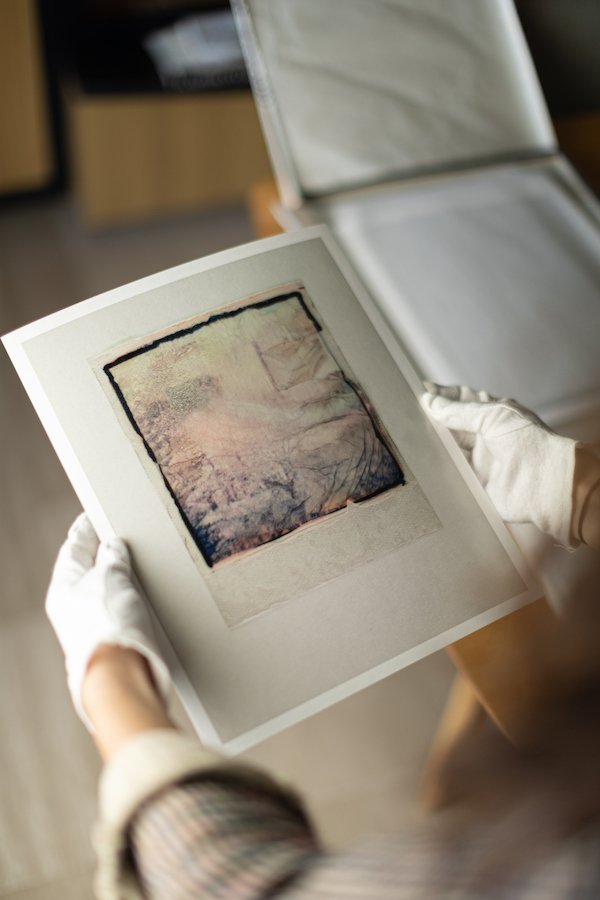DUBAI: For much of August 4 2020, Gaïa Fodoulian and her mother Annie Vartivarian were having a typical day together. At around 11 a.m. they had gone to Beirut’s Gemmayze neighborhood to pick up materials for a woodworking workshop they were doing together. When they got to the workshop, the teacher told them their wood wasn’t polished enough and that they needed to come back the following day. So they returned home.
When the first explosion from Beirut’s port went off at 6:07 p.m., Fodoulian ran to her mother. “We were standing beside each other watching the smoke appear through the windows,” Vartivarian says. “Then we saw more smoke with fire and then after a few seconds (came) the second explosion. I told Gaïa to run away.” They ran in different directions seeking shelter and in a matter of a few seconds Vartivarian lost her daughter.

Fodoulian was pronounced dead later that evening from internal bleeding. Vartivarian had visited hospital after hospital for help but there were too many people to treat in too short a time.
While still grieving in the months following her daughter’s passing, Vartivarian decided to continue the work Fodoulian, 29, a young Lebanese-Armenian creative and gallerist, had initiated on Art Design Lebanon (AD Leb) — an online art gallery that also stages on-site pop-up exhibitions, showcasing the best in art and design from the region and beyond. Vartivarian, an established gallerist and patron of the arts who previously ran Laetitia Gallery, has channeled all of her efforts to bring her daughter’s dream to life.

“AD Leb is a continuation of the interrupted work and dream of Gaïa to create an active space for the Lebanese and regional cultural scene,” Vartivarian explained to Arab News. “We live in troubled times in Lebanon, from which many questions have emerged. In the aftermath of the explosions, we increasingly look to express ourselves through art and channel a creative conversation in our community. In a shattered city, our vision with AD Leb is to maintain our creative community and allow art and design to contribute to society as a whole.
“It would have been Gaïa’s intention to keep the creative scene of her torn and troubled country alive in the aftermath of one of the biggest explosions in the history,” she continued.

The platform launched this month in conjunction with “Everyone is the creator of one’s own faith,” an exhibition presented in the empty spaces of the historic Tabbal building, dating to the 1890s, on Sursock Street in Beirut. The title comes from a phrase referring to a line Fodoulian wrote as a caption on an Instagram post that she published a few hours before the explosion.
Participating artists and designers from Lebanon and the greater Middle East region include Samer Bou Rjeily, Karen Chekerdjian, Hatem Imam, Sirine Fattouh, Gaïa Fodoulian, Paul Kaloustian, Nathalie Khayat, Hussein Nassereddine and Caroline Tabet. All the artists sought to reflect Fodoulian’s words through new works they produced for the exhibition, particularly what it means to produce art at a time when life is so precarious — an act of faith in itself.

Lebanese-born architect Rjeily, for example, has created a large modular bench designed by Fodoulian from a 200-year-old tree that was damaged in a storm, the table will be 9.3 x 1.5 meters in size—large like its former self. “I decided to give this tree a second life, one that will keep and respect its age and story of something natural that has been living on this earth before my existence,” Rjeily told Arab News.
For her work Lebanese photographer Tabet has manually transformed Polaroids to become framed windows reflecting, as she explains it, “the metamorphosed landscapes of a fleeting land.” The photographs continue Tabet’s practice of exploring the relationship between urban landscape and human spaces, particularly the notions of memory and loss.
“The work Annie does in pursuing her late daughter’s project is moving, impressive and inspirational,” said Tabet. “After what Beirut has suffered and is still suffering, creating such a project around an exhibition happening in one of the most affected parts of the city is a way to fight and not surrender in a crumbling country.”


